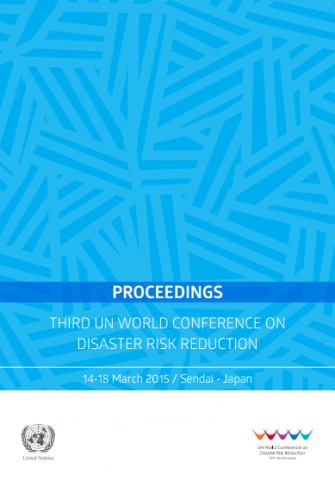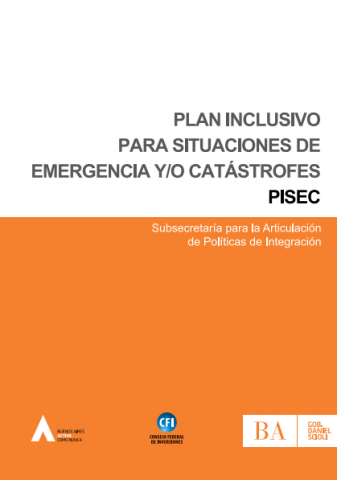The human cost of natural disasters: a global perspective
This report presents data about natural disasters impacts (human and economic) at world scale for the last 20 years. The analyses focus on trends and patterns of impacts and how these vary regarding the income level or the geographical location. Based on the analyses, conclusions and action points were drawn to raise the awareness and […]
The human cost of natural disasters: a global perspective Read More »



